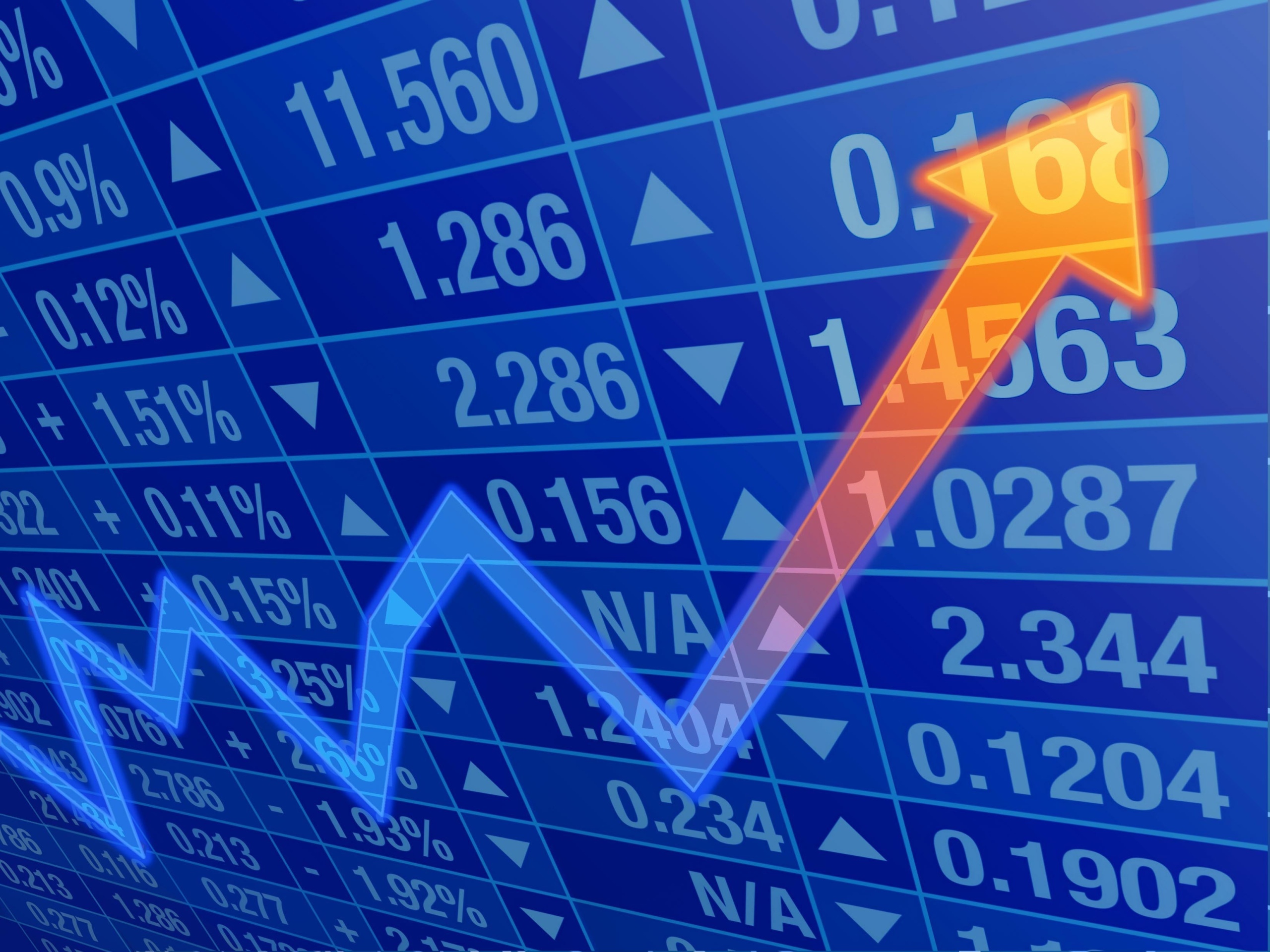Retail traders exploit the structural weakness in the stock market since by creating artificial demand, they push prices higher. They have shifted focus to the futures market, intending to manipulate stock prices in the spot market.

For the longest time, trading in the stock market has been a preserve for investment banks, corporations, and high net worth individuals. However, thanks to the coronavirus pandemic of 2020, retail investors flocked to the stock market, as most people looked for supplemental income. The stock market became widely popular with retail investors, thanks to leverage. In spot trading, retail traders can use leverage to magnify the size of their positions significantly. When they engage in leveraged trading, retail investors also increase the profits they earn.
In the past, retail investors would almost often go unnoticed in the stock market. However, in the recent past, the term ‘retail investors’ in the stock market has become synonymous with the wave of an army of amateur traders who have adopted a populist way of investing. In 2020 and 2021, the impact of these retail investors has been shocking, especially to professional stock market investors – who were the target.
The retail traders organized on social media, especially Reddit, and gave rise to “meme stocks.” Primarily, they aimed at punishing institutional investors like hedge funds who had taken massive short positions. While it may have seemed fun for finance pundits and bystanders to watch the proverbial David vs Goliath fight unfold in the stock market, the resultant feedback loop threatens to disrupt the efficient allocation function of equity markets.
How did it start?
Arguably, the legion of retail traders was attracted to the stock markets after brokerage firms such as Robinhood Markets Inc. and Charles Schwab Corp. scrapped trading fees. This led to a surge in new trading accounts in the Q1 of 2020. Note that the majority of these accounts were millennials who started gamifying the stock market investing. Eventually, they decided to exploit the stock market.
Company fundamentals no longer matter
Traditionally, participants in the stock market could take one of two approaches – going long or shorting a particular stock. Typically, an investor would identify undervalued companies or companies with better prospects and invest in them. This means buying cheap and selling when the share price increases. Conversely, if a company is overvalued or has a bleak financial future, traders would short these stocks. It follows the logic that the value of a company increases when it is performing well financially or has prospects, which leads to a higher share price. When the company is performing poorly or has a bleak future, its share price will fall.
Typically, the process of identifying these companies involves months of painstaking fundamental analysis of a company. This includes analyzing its financial statements and supply chain.
For retail traders, the value of a company doesn’t matter much. Some of the stocks targeted by retail traders were far from profitability, whose fundamentals would not attract investors. The most famous examples are GameStop and AMC Entertainment Holdings. By mobilizing Reddit, retail traders rallied around these stocks pushing AMC more than 870% in less than ten days, with GameStop appreciating more than 2500%.
Gamification of the stock market
By rallying around a “meme stock,” retail traders create a contagion among other retail traders. Although they started to create a margin squeeze for hedge funds that had shorted selected stocks, the populist trading strategy of retail traders has morphed into gamification of the stock market.
Retail traders exploit the structural weakness in the stock market since by creating artificial demand, they push prices higher. They have shifted focus to the futures market, intending to manipulate stock prices in the spot market.
By buying stock options, they force market makers to hedge their positions by purchasing the stocks of the underlying companies in the spot market. Note that retail traders have a right to buy the underlying shares with options but are not obligated to go through with the transaction. This process has been made much easier and cheaper by commission-free trading apps such as Robinhood. Buying options increases demand in the spot market, squeezing share price higher. In turn, short-sellers are forced to buy stocks to cover their positions, increasing the prices further.
In a world where cyber threats are evolving at breakneck speed, the need for robust…
It was a dreary Saturday afternoon. Rain drummed against the window, a steady, monotonous rhythm…
The best live casinos are a really fun place to be. You can watch streams…
Tips for recording Amazon Prime Video shows Recording your favorite Amazon Prime Video shows can…
In this article, we further explore the legal issues associated with kratom – an herbal…
The safety of financial transactions is essential in the current digital era. Financial organizations must…